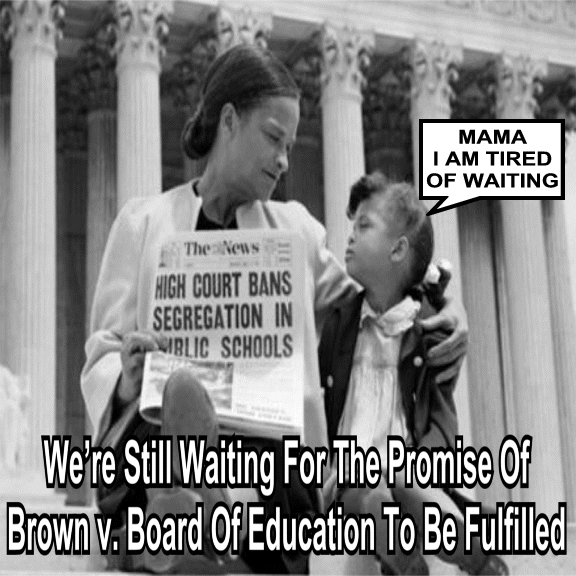Our house had a cottonwood tree in the backyard. In the excruciating
Texas summer, it bloomed and cotton flew around the house like a summer
snow. It caked over the window screens and blocked the wind from coming
into the house.
Some of our neighbors had water cooler fans that blew out a cool mist.
It made the whole house feel like a swamp and made everyone in the house
feel like they were trying to breathe underwater. I hated those fans and
was grateful we couldn’t afford one.
We were poor, but not in the ways that mattered. No one went hungry. No
one was homeless. There were no drugs. No gangs and no neighborhood
blight. The front door to our house was never locked. And everybody
owned the home they lived in. My parents purchased our home in the
1950s, and it was a significant accomplishment for them.
When I enrolled in elementary school, all of my teachers were Black and
they preached excellence like a well-rehearsed Sunday sermon. By the
time I began middle school, in sixth grade, I was a track star, held
first chair in the band and was among the top five grade earners.
But all of that changed in 1974, when I was in seventh grade. As part of the mandate issued by the U.S. Supreme Court in the landmark case Brown v. Board of Education of Topeka, Kansas, my classmates and I were among the first group of Dallas students to CONTINUE READING: We're Still Waiting For The Promise Of Brown v. Board Of Education To Be Fulfilled | HuffPost




